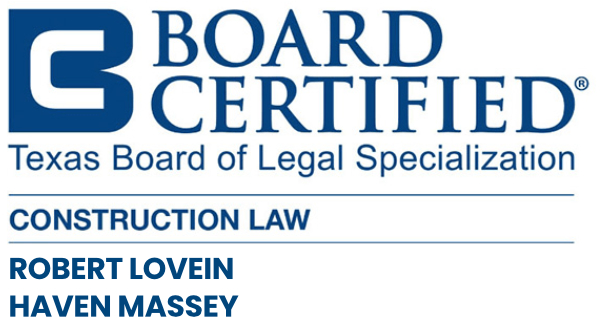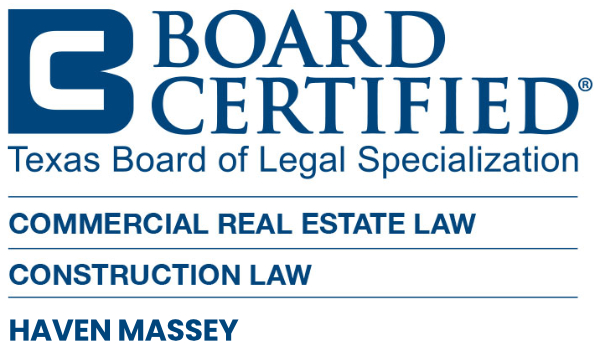In the financial world, one business’s crisis is another business’s opportunity. Our team of experienced professionals can help identify and provide guidance for both the challenges and opportunities in pursuing the acquisition or sale of assets from financially-distressed companies. Whether by sale from a secured creditor under Article 9 of the Uniform Commercial Code, a sale by a court-appointed receiver for the benefit of creditors, or sale by a debtor-in-possession or bankruptcy trustee under Section 363 of the Bankruptcy Code, the attorneys at Lovein Ribman will provide exceptional service in the full spectrum of insolvency-related disputes and secured transactions.
Secured Transactions
A secured transaction is a transaction in which a creditor extends credit or provides other value and in exchange receives a security interest in property owned by the debtor or in which the debtor has rights, to secure repayment of the debt. A secured transaction can cover real property, personal property, intangibles, or fixtures. It is important to note that the laws governing real property are vastly different to those that govern security interests in personal property and fixtures.
Security Agreements
A security agreement grants a party—typically the lender—a security interest in the borrower’s collateral to secure repayment of the debt in the event the debtor defaults on the underlying promissory note. Secured transactions are an integral part of the business world, both inside and outside of bankruptcy. When the economy is doing well, companies less averse to risk, are willing to take greater chances with their capital by making loans and investments that they might otherwise avoid in a bearish economy. In doing so, one of the most important things that a lender will look at is not only the borrower’s ability to repay, but their collateral. If you are a lender, it is critical to have assurances that, in the event the money you are lending is not paid back, you still have adequate protection and recourse against the borrower in the event of default or insolvency.
Financing Statements
A financing statement is a document used to “perfect” a secured party’s rights in the debtor’s collateral. Typically, after a security agreement is executed by a debtor, a security interest “attaches” to the property, but depending on the nature of the collateral, may not be perfected until a financing statement is filed or some other required action is taken. A financing statement, when filed, provides notice to the world of the secured party’s security interest in the debtor’s assets.
Collateral
Collateral is the property that is subject to a security interest. Collateral is classified into several different categories and subcategories depending on the nature of the property. Classification of collateral is important because it determines what is required to “perfect” a security interest, as well as the priority of conflicting claims and the secured party’s rights in the event of a default. Additionally, the classification of collateral may also depend on how it is used by the debtor.
Why are Secured Transactions Important?
At the heart of nearly every secured transaction is a security agreement and promissory note. The promissory note is a contract between a lender and borrower wherein the borrower agrees to repay the loan in accordance with the terms of the contract. In the event of a default, the lender can pursue claims against the borrower for the deficiency. However, what happens when the borrower is “judgment proof” or does not have assets to satisfy a personal judgment? Or even worse, files bankruptcy? This is where a security agreement comes in and is vital to sustaining your claims.
When recessions hit and borrowers default on their obligations, unsecured creditors are in a race to obtain a judgment. The first judgment creditor to attach the debtor’s assets will have priority over later judgment creditors. A secured creditor, on the other hand, need not worry about obtaining a judgment because it already has a prioritized security interest in the secured property. Even if a debtor files bankruptcy, a secured creditor is protected by its security interest in the debtor’s collateral, while an unsecured creditor risks being paid nothing—even if they have obtained a judgment for their claim. When a borrower defaults or you discover that they may be or have already become insolvent, you do not want to be left holding the bag, but can rest assured that no matter what happens, your investment has been secured.
















